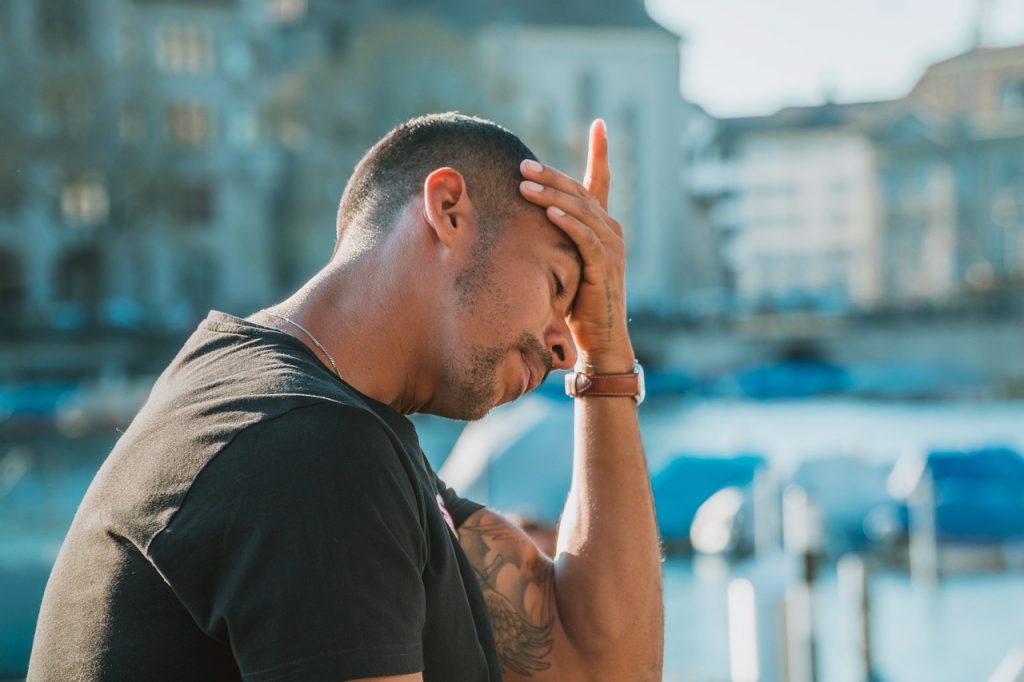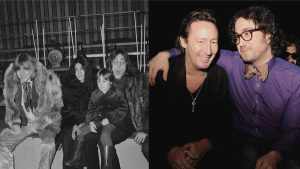Colon Cancer Cases Sharply Rising In Adults Under 30, Here Are The Signs To Look For
The risk for colon cancer in young adults under 30 has increased by 50% since 1990, and signs to look for include abdominal pain, fatigue, and unexplained weight loss.
This article is more than 2 years old

Colon cancer doesn’t care if you are the President of the United States, a well-known actress, a philanthropist, or a Supreme Court justice. It’s a disease that affects celebrities and ordinary people, the affluent and the poor, the good and the bad. Such notable Americans as former President Ronald Reagan, Audrey Hepburn, and Supreme Court Judge Ruth Bader Ginsburg all had colon cancer in their lifetimes.
According to Cancer.Net, colon cancer is the third most common cancer diagnosed in men and women annually in the United States, excluding skin cancer. Colon cancer will be discovered in around 151,030 individuals in the United States this year. Among these figures are 106,180 new instances of colon cancer (54,040 men and 52,140 women) and 44,850 new cases of rectal cancer (26,650 men and 18,200 women).
Typically, colon cancer was something that older people would need to be screened for; however, it seems that it is now affecting a younger demographic. NPR recently shared these sobering statistics: “Colorectal cancer is rapidly shifting to diagnosis at a younger age,” conclude the authors of an American Cancer Society report released this month. Since the mid-’90s, cases among people under 50 have increased by about 50 percent. It’s one of the deadliest cancers in this age group.
A worrying trend, indeed. Medical professionals have noted an increasing incidence of colon cancer in adults under 30. According to a study published in the Journal of the National Cancer Institute, adults born in 1990 have twice the risk of colon cancer than those born in 1950. This shocking number shows how important it is to get the word out about this potentially deadly disease’s early signs and symptoms.
So, what are the early warning signs of colon cancer?
One of the most common symptoms is a change in bowel habits, such as diarrhea, constipation, or stool narrowing that lasts more than a few days. Another sign is rectal bleeding or blood in the stool, which can appear bright red, black, or dark maroon. It is essential not to ignore these symptoms, as they may indicate the presence of cancerous polyps or tumors.
Other possible signs of colon cancer are:
· Pain or discomfort in the abdomen that doesn’t go away, such as cramps, gas, or pain.
· Feeling weak or tired.
· Feeling like you can’t empty your bowel.
· Weight loss for no apparent reason.
Even though other, less severe conditions can also cause these symptoms, it is important to see a doctor if you have any of them, especially if they keep happening or worsen over time.
The exact cause of the increase in colon cancer cases among younger adults is still unknown. However, experts believe that lifestyle factors, such as poor diet, a lack of physical activity, and obesity, may play a significant role. A diet high in processed and red meats, refined grains, and sugary beverages has been linked to an increased risk of colon cancer, while a diet rich in fruits, vegetables, and whole grains helps mitigate and reduce the risk.
It’s essential to encourage healthy lifestyle choices and spread the word about early detection’s importance to stop the growing number of younger adults getting colon cancer. Current guidelines say adults with an average risk of colon cancer should start getting checked regularly at age 45. However, your healthcare provider may recommend starting screening earlier if you have a family history of the disease or other risk factors.







